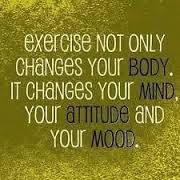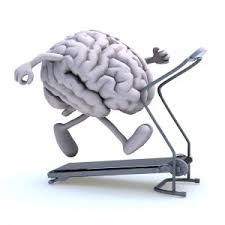Written by admin
Posted on: January 14, 2017
Share This

A tight deadline at work, sitting in traffic, falling behind in responding to emails… We all experience stress from time to time. But what happens when that stress becomes constant rather than occasional? This persistent exposure to stress over a long period of time is known as chronic stress, and it can lead to health problems like anxiety, insomnia, and high blood pressure. Chronic stress can also contribute to the development of serious illnesses like heart disease and depression—particularly if you’re already genetically predisposed to these issues. According to some studies, the overeating of “comfort foods” in an attempt to manage chronic stress may even be partially responsible for the current obesity epidemic. Other research suggests a link between stress (both acute and chronic) and vulnerability to addiction.
Chronic stress can also damage your brain. In 2014, researchers at the University of California-Berkeley determined that long term changes in brain function are triggered by chronic stress. These findings might help explain why people exposed to chronic stress when they’re young are more susceptible to mental health issues like anxiety and mood disorders later in life.
Why is chronic stress so bad for us? The body’s stress response evolved to protect against predators. A perceived attack causes the release of stress hormones like adrenaline and cortisol as we prepare to defend ourselves, hearts pumping. Usually this fight-or-flight response regulates itself, and our hormone levels and blood pressure return to normal once the threat has passed. But what when the “threat” is actually the constant worry over making ends meet or toiling under a heavy workload, our stress response system is forced to stay on all the time. This overuse causes other body systems to deregulate and, eventually, break down.
Top 5 Chronic Stress Solutions
Eat less sugar
Sleep more
Exercise
Yoga, meditation, Tai Chi or journaling
Make a plan to do something you enjoy
Now that you know how harmful chronic stress can be, what can you do to prevent it? You might not be able to avoid the things in your life that cause you stress, but you can control how you react to them. You have the power to reduce your stress levels by making positive lifestyle choices. Basic things like eating well and getting enough rest can have a big impact. Make some non-instant oatmeal for breakfast instead of your usual sugary cereal. Power down your laptop and go to bed at a decent hour every night. As a physician who also competes in triathlons, I’m a huge believer in the power of exercise to relieve stress. (And I’m not the only one—check out my post here to learn about some of the latest research on this topic.) Relaxation techniques like yoga and meditation have also been scientifically proven to lower stress levels. Even giving yourself permission to spend time doing something you love, whether it’s reading comic books or watching stand-up, can help you blow off steam. Whatever relaxation method you choose, the important thing is to make a plan and stick to it. Take charge of your stress so you can stop worrying and focus on achieving your goals.











